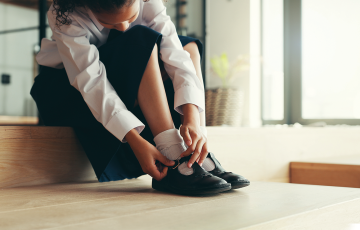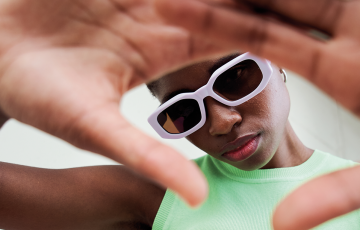How to tell your child you’re not a biological parent?
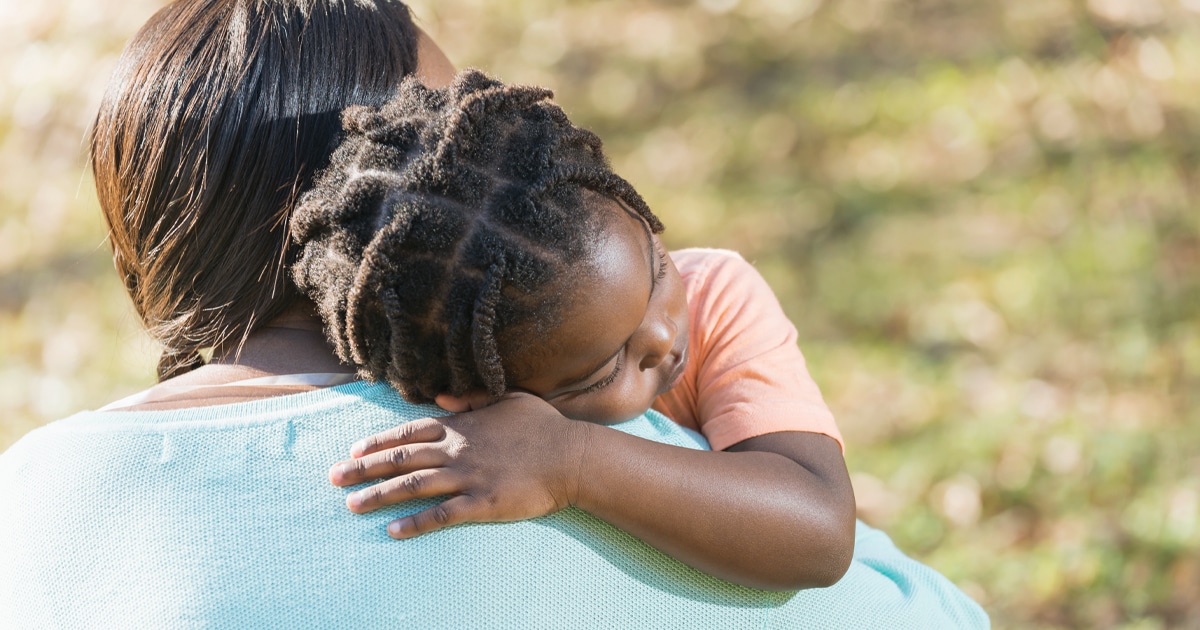
It’s not always possible for a birth parent to take care of their child, so children sometimes grow up believing that their gogo, aunt or even big sister is their mother. It can be a great shock to discover the truth, so here are suggestions on how to lessen the impact.
There are various reasons for people hiding the identity of a child’s mother. Sometimes they are financial, sometimes the mother is not emotionally mature enough and sometimes the family feels ashamed because the child was born out of wedlock, so they pretend someone else is the mother. Whatever the reason, it can come as an unpleasant surprise if the child finds out the truth, no matter their age – but the older they are when they find out, the more shocking it can be.
Someone who has lived for 30 years, for example, believing person A to be their mother will be devastated to discover that in fact person B gave birth to them. Especially if they have lived apart from their birth mother, it can be very difficult to process the information and they might feel betrayed and angry.
THE EARLIER, THE BETTER
Irene Motaung, a counsellor and family and divorce mediator with The Family Life Centre in Johannesburg, says there comes a time when you need to tell the child the truth, and the earlier this is done, the better.
‘Children can be told of their birth parents at any age, and the role of the caregiver be introduced from an early age,’ she says.
This will make the news less dramatic. For example, a grandparent can call themselves exactly that. ‘If a grandmother allows the child to refer to them as ‘Gogo’ from the beginning, it becomes easier to answer questions when the child needs to talk about their birth parents. This helps the child with the integration of the new message, rather than the news being a double blow,’ she adds.
If you have brought the child up to believe that their grandmother, aunt or anyone else is their birth mother, Motaung suggests that the caregiver and the birth parent tell the child together. ‘This allows the child to feel that the adults are taking responsibility, and this could help them with healing and moving forward,’ she says.
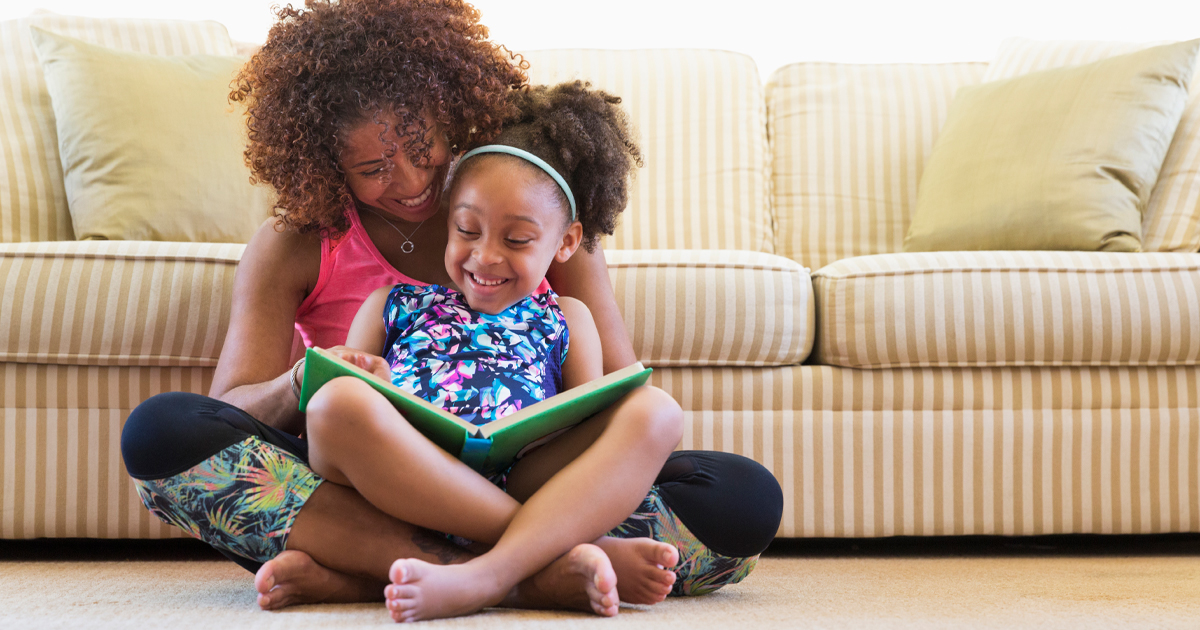
GETTING PREPARED
If you feel the need to prepare, you can create an album or scrapbook with photos to tell the story of your lives and how you got to where you are now. This is handy to rehearse how you’ll tell it. Use simple terms that are appropriate to the child’s age. Tell the truth and keep the story and explanations brief. Identify their real parent by name, or say ‘I’m your birth parent’. Have the discussion over a holiday period when you’ll be on hand to offer further explanations or emotional support. This might not end up being a once-off event but an ongoing discussion. Be prepared for strong feelings in an older child.
Instead of becoming defensive or shifting blame, the parent should show respect, empathy and patience towards the child to help with the healing. Listen to them and say something like, ‘I understand that this makes you feel hurt/angry/sad.’ Reassure them that they can talk to you whenever they need to.
Also be prepared to answer questions like ‘why didn’t you tell me before?’ or ‘why should I trust you now?’ When adults show less defensive and blaming behaviour this could build trust and help the child cope better in the future.
IF IT COMES FROM THE BLUE…
Unfortunately, it sometimes happens that the child suddenly discovers the truth from someone else. In that case, apologise to the child, allow them to express their feelings and offer emotional support. ‘Create a safe space to share their feelings,’ Motaung suggests. ‘This can be painful, however, so patience and honesty would be very helpful. Blaming or focusing on the person who told the child is unhelpful.’
Sharing this kind of information will be a life-changing event for all of you. Reassure your child of your love and support. It will take time to process the tension caused by the revelation. But it could lead to a stronger, more open bond between you and your child.
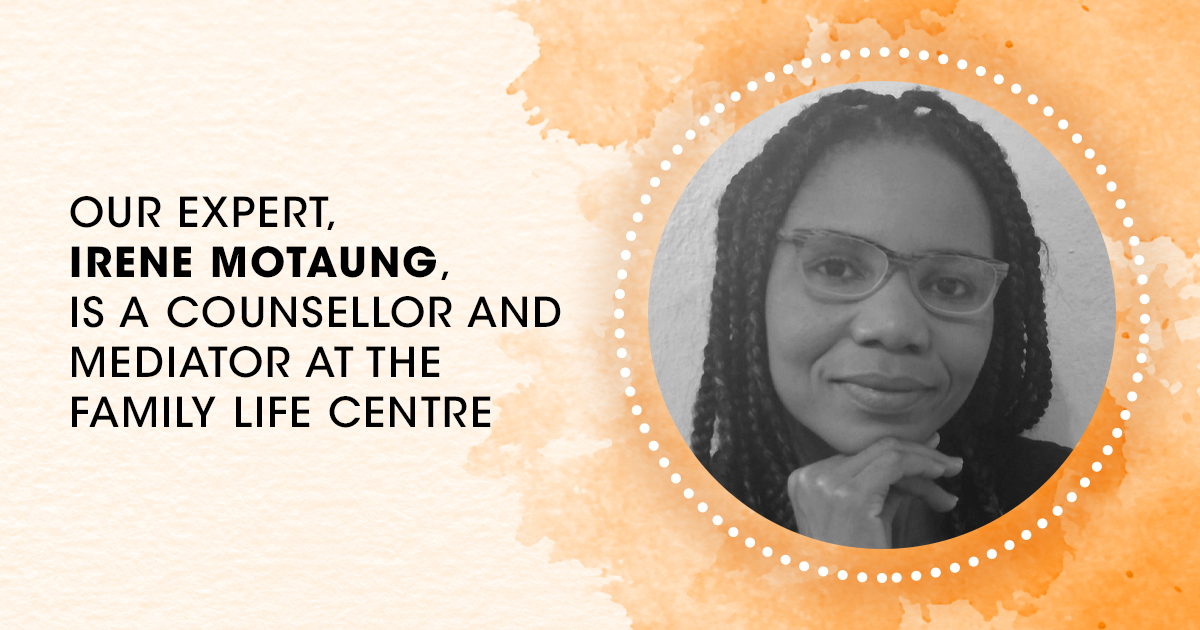
DIRECTORY
The Family Life Centre has many branches. To find one near you:
+2711 788 4784
FamilyLifeC
familylife.co.za
![]() JET CLUB HELPLINES
JET CLUB HELPLINES
For free advice on any aspect of raising children, Jet Club members can call our helpline
HEALTH, TEEN & BABY HELPLINE
SA & Namibia
0800 00 45 45
Botswana, Lesotho & Swaziland
+2711 991 8258
By VIDA LI SIK
Related articles

Latest Jet club magazine
We’ve got the latest trends, exciting prizes and exclusive savings just for you!
Jet Club will not pass your details to anyone else. By clicking the subscribe button you confirm you have read and agree to the Jet Club Terms and conditions and Jet Club Privacy Statement.
Subscribe